US trying to reshape regional alliances while excluding Syria, Iran: Lebanese journalist
A Lebanese journalist believes that the United States is trying to reshape the alliances in the Middle East while excluding Syria and Iran.
In an interview with Press TV, Nasser Qandil, the editor-in-chief of Lebanon’s al-Binaa newspaper, said the new military pact between the US and Jordan is part of a new project which can be called “the New Levant”, with the goal of changing the old regional alliances.
Last month, Jordan made public a new controversial military agreement with the US that regulates the status of US forces present in the kingdom. The agreement was signed in January and the government approved it in February, without presenting the deal before the parliament.
Under the agreement, US forces may carry weapons on Jordanian territory while conducting their missions and may transport and stock equipment and supplies. The pact also allows US personnel, their aircraft and ships to “freely enter and exit Jordanian territory without applying for a visa.”
Qandil said the project revolves around security and economic cooperation and includes Jordan, Iraq and Egypt, with its main goal being the transmission of natural gas to Iraq from Egypt instead of Iraq’s eastern neighboring country Iran.
According to Qandil, the United States is after establishing special military ties with strong political and official military institutions in the region so as to besiege and isolate Syria.
He said Syria and Jordan share similar demographic and security issues, including water crises and the threat of the Daesh terrorist group, as well as growing livelihood problems, such as Jordan’s need for Syrian crops, all of which have brought the two nations closer together.
Qandil stressed that the US is seeking to exclude Syria, which is a natural partner of Iraq and Jordan, from any regional economic and security alliances through the Caesar Act and the formation of a new political axis which would include Iraq, Egypt and Jordan.
Syria has been gripped by foreign-backed militancy since 2011, with the US maintaining an illegal military presence on the Syrian soil during the conflict.
The US has also backed militants to fight against Syria’s legitimate government, stolen the country’s crude oil resources, bombed the positions of the Syrian army and anti-terror popular forces, and imposed crippling sanctions on Damascus.
The Syrian government has denounced the United States’ unilateral sanctions as “crimes against humanity,” saying the Western sponsors of terrorism must pay the price for their atrocities against the Syrian nation.
Elsewhere in the interview, the Lebanese journalist told Press TV that the US is also pressuring Lebanon not to cooperate with Syria, noting that Washington is hastily getting itself involved in important regional issues because of its inability to adopt its old policies either through direct and indirect wars or sanctions.
He argued that the way to counter such reshaping of the region is to form an Eastern economic and security cooperation council with the inclusion of the three countries of Iraq, Egypt and Jordan as well as Syria and Lebanon.
Qandil said another goal of the New Levant project is to compensate for the loss of Egypt’s revenues from the Suez Canal due to its recent blockage by a huge container ship.
“Some believe the Suez Canal incident is a prelude to an alternative trade route between Haifa and Dubai ports,” he added.
The Lebanese analyst also said that under a military cooperation accord with Iraq, the United States is overtly trying to organize and legitimize the presence of its forces in Iraq instead of pulling them out of the Arab country.
'Next to impossible' to rescue patients from Gaza's Kamal Adwan Hospital: Director
VIDEO | Vietnam current prosperity
Report blames gasoil exports for shortage at Iranian power plants
VIDEO | Hind Rajab Foundation names Israeli war criminals vacationing after Gaza genocide
VIDEO | Australians rally for Gaza ahead of Christmas festivities
VIDEO | Attacks on Sana'a
Iran reports further drop in annual inflation rate in December
Israel indicts two settlers over suspected spying for Hezbollah


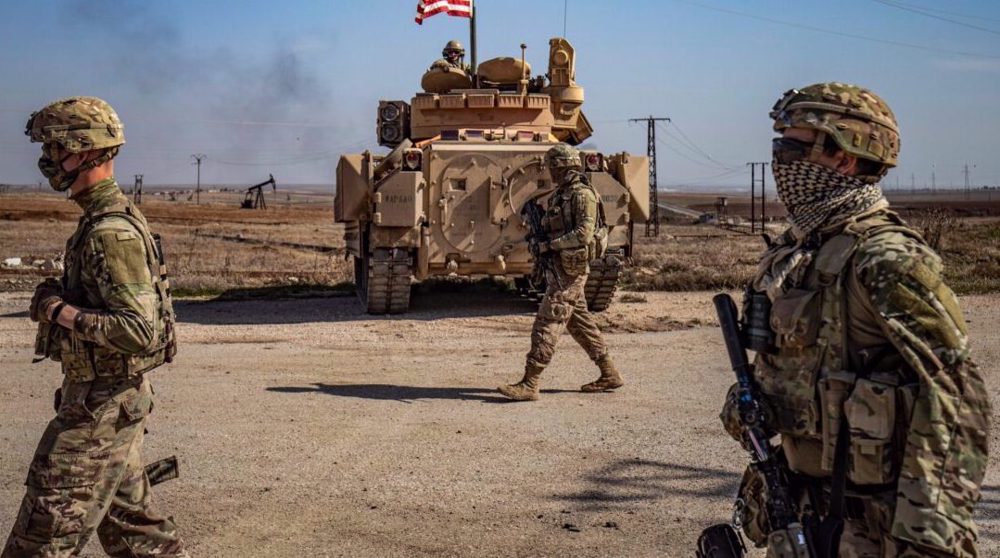
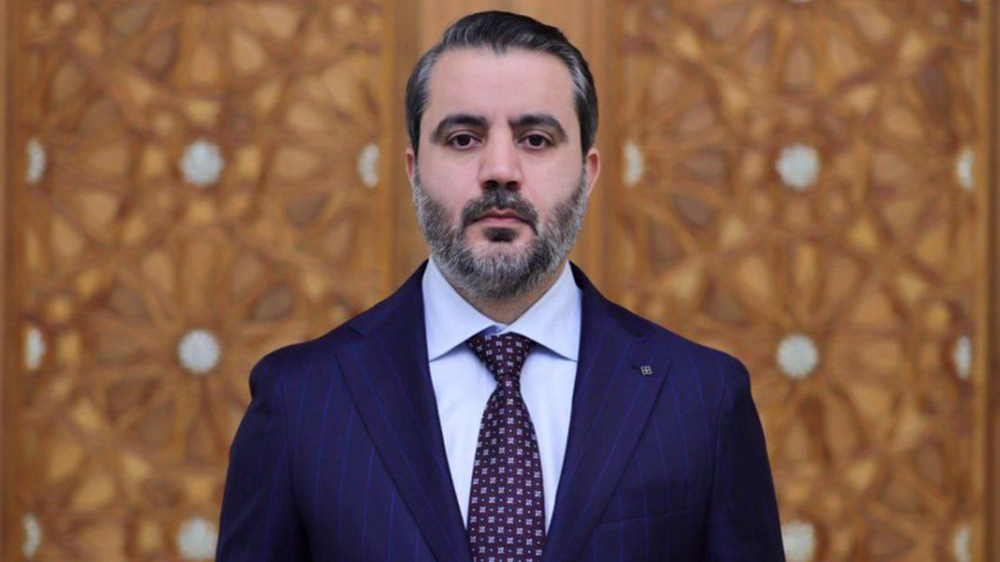

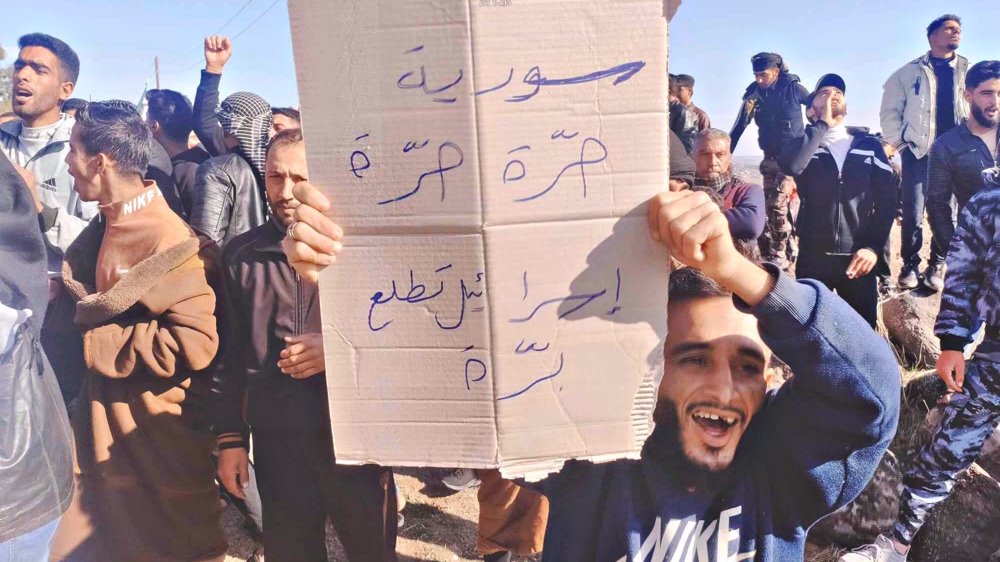



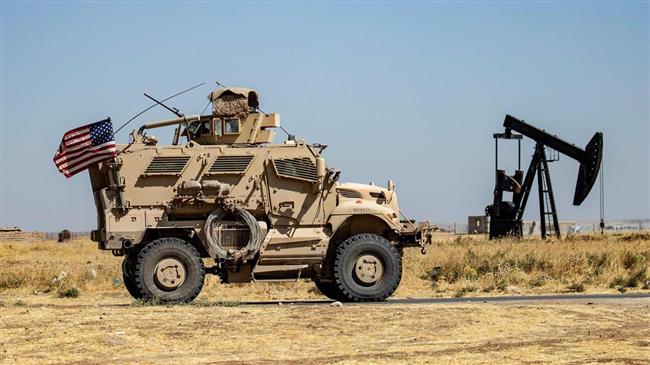
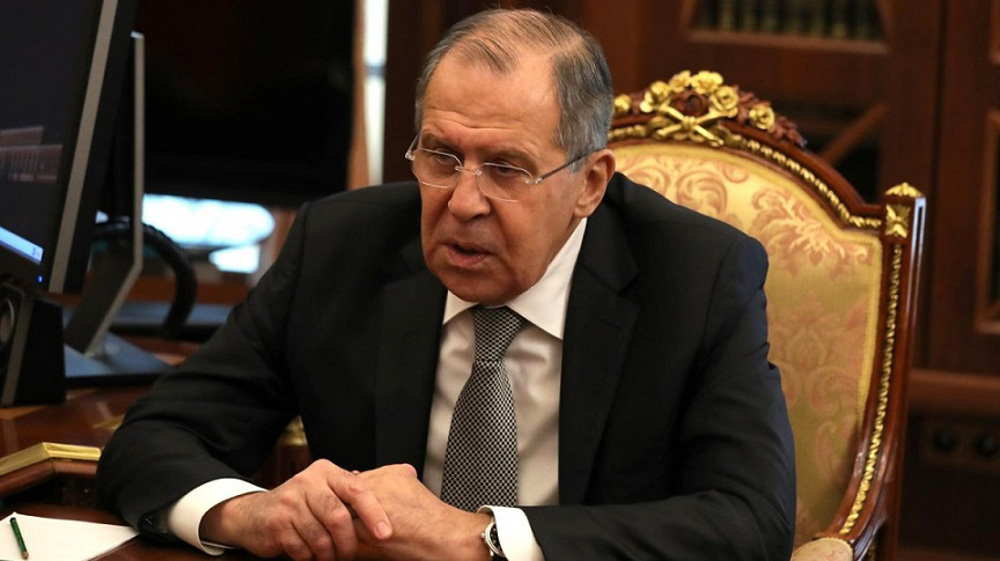
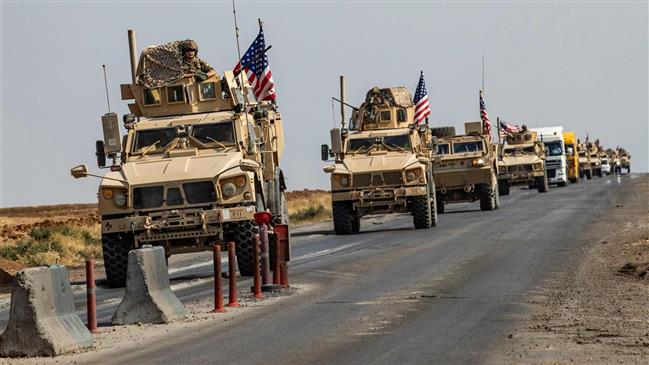


 This makes it easy to access the Press TV website
This makes it easy to access the Press TV website